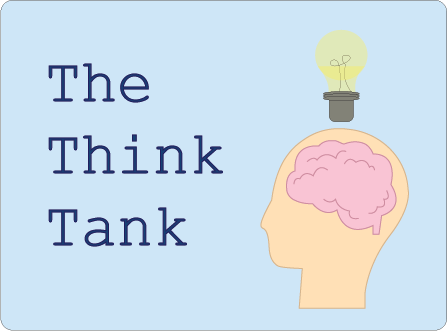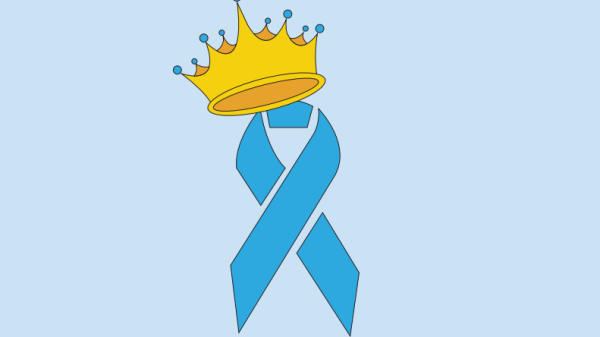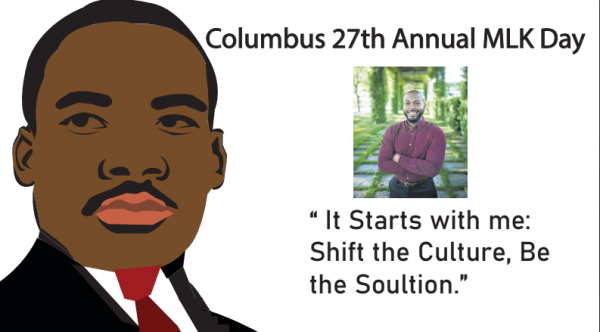Bigger In Death

Design By: Margo Brunner
To die a young legend, or live a long life unfulfilled?”
Jermaine Cole’s track “Immortal”, released in 2016, touches on the seemingly repetitive narrative aired in the world today. It seems counterintuitive, but in reality, a person can make their biggest impact on life through death.
Take for example the death of Kobe Bryant. While Kobe had already made an impact on the world as a star basketball player, his death at the beginning of this calendar year shook the world.
Games were canceled; fans shed tears for days. Kobe’s death spread far wider than his basketball prowess could ever stretch on its own before, but why? If Kobe had lived until he was 90, and passed away from natural causes, his death would not have been as impactful as it was in 2020.
It should cause society to examine itself, and ask, “why does it take death to celebrate a man’s life?” Kobe’s death caused some to understand this point, including artist Joyner Lucas.
Lucas released his hit track “Will” almost two months after Kobe’s death, which praised his childhood hero Will Smith, who of course is still alive and well today.
To some, it seemed like an odd time to release a celebratory track, but to Lucas, there was no better time. In the last few lines of the track, Joyner explains his reasoning.
“Ain’t nothing worse than losing your hero and couldn’t say bye
And we never know just when it’s our time, and legends are gone and we don’t know why
So before they go, look here go a toast so give ’em a rose while they still alive”.
Cole’s question should not have to have an answer, but sadly it does. Does one choose to die young and impact others for at least a short time, or does one choose to live long but die forgotten and unrecognized?
If Lucas and others alike can create a shift of perspective on why heroes should be celebrated now rather than later, society can change for the better, and legends can create their greatest impact while alive rather than in death.










